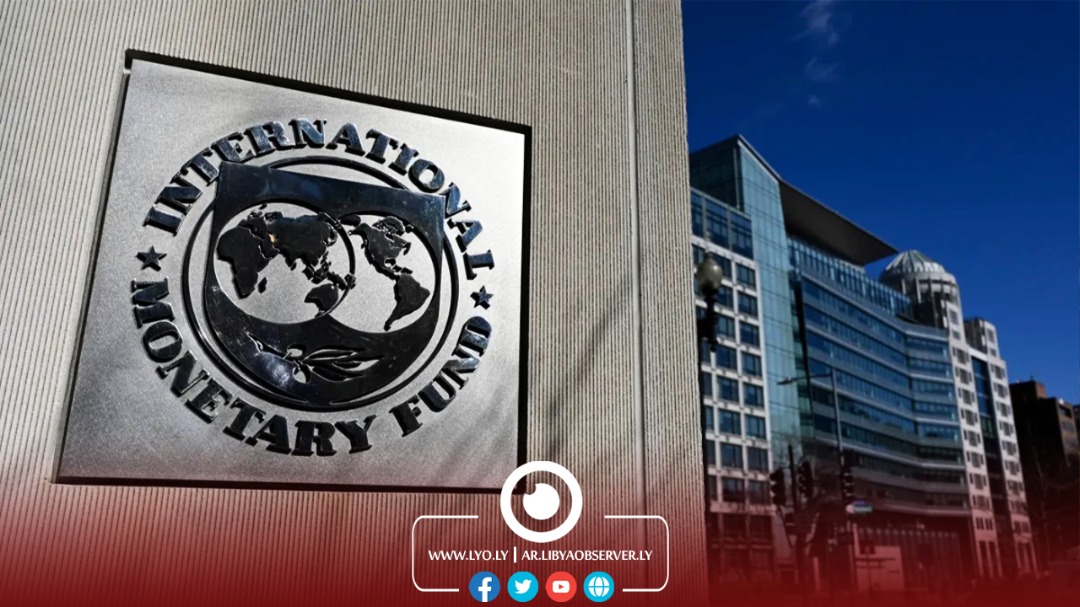The International Monetary Fund (IMF) has revealed that authorities in eastern Libya spent approximately 60 billion Libyan dinars in 2024 without including this expenditure in official financial statements.
In a report published Thursday, the IMF stated that the high level of spending, coupled with the shutdown of oil fields due to conflict, shifted the country’s fiscal position from a projected surplus to a significant deficit.
The report noted that the absence of a unified budget and the sharp increase in public spending prompted the Central Bank of Libya to devalue the dinar by about 15% against the US dollar.
The IMF stressed that corruption remains widespread, with weaknesses across the tax and customs systems, education and healthcare sectors, fuel trade, and procurement processes. It also highlighted the presence of illegal activities contributing to the fragility of the situation.
It urged Libyan authorities to agree on a unified budget and prioritize spending to bolster fiscal stability and credibility. It emphasized the need to enhance transparency by preparing and publishing audited financial accounts and oil revenue reports online.
The IMF recommended gradually unifying the exchange rate, removing the foreign currency tax and exchange restrictions, particularly in the absence of political consensus on reducing expenditure. The report also noted that weak political institutions have eroded public trust in the banking sector, leading to liquidity shortages as people hoard cash.
While acknowledging that the Central Bank’s move to inject new banknotes is positive, the IMF stressed that it does not address the root problem. It called for restoring public confidence in banks and enforcing anti-money laundering and counter-terrorism financing measures to support international banking relationships and economic stability.
The IMF also underscored the need for comprehensive economic reforms to address obstacles facing the private sector, including the widespread informal economy, lack of regulatory frameworks, and limited access to financing and foreign currency.
Finally, the report pointed out that armed groups continue to obstruct anti-corruption efforts, with some enjoying official status and actual control over certain areas.
